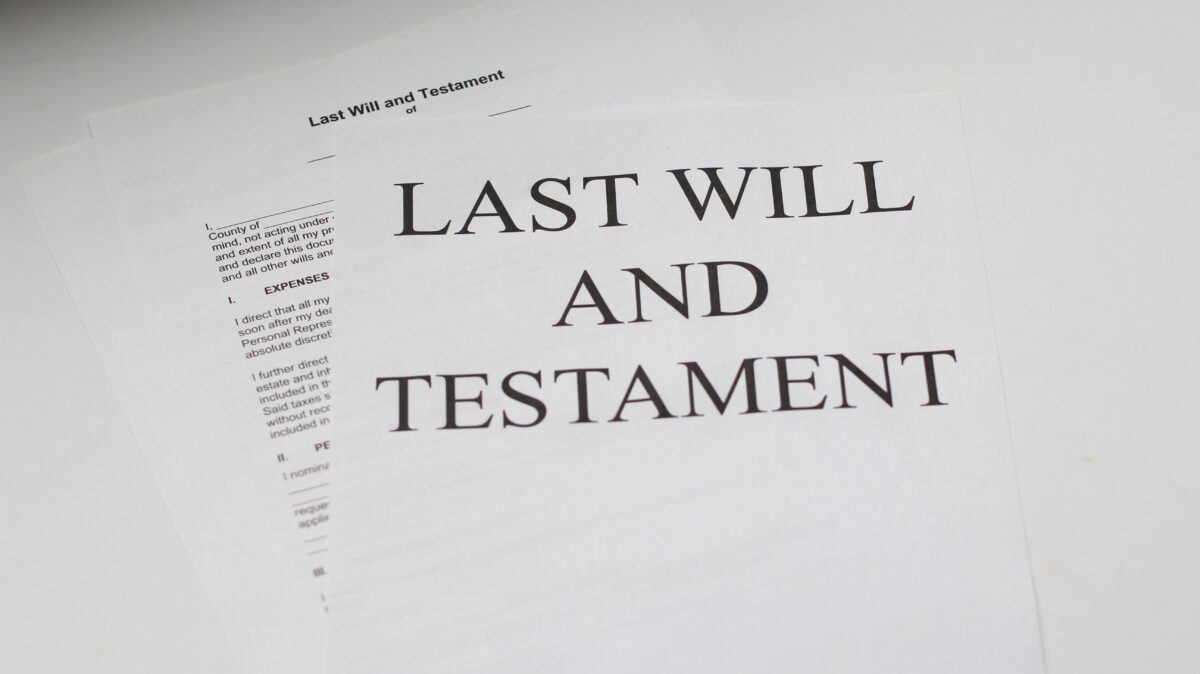Beneficiaries named in the Will of the deceased, you have the following rights.
The right to see a copy of the Will. If you are a beneficiary named in any Will of the deceased or would be entitled to receive a share of the estate if a Will did not exist, you have the right to see a copy of any of the Wills made by the deceased during their lifetime (whether they have been revoked or not) that are available to the Executor.
The right to the proper administration of the estate. The Executors owe a fiduciary duty to the beneficiaries, meaning that they always need to act impartially and act in the best interests of the beneficiaries. Executors have the duty to administer and distribute the estate in a timely manner, taking into consideration all relevant facts and issues which may arise.
The right to estate accounts, if you are a residuary beneficiary. Executors are required to maintain a set of estate accounts and provide them to residuary beneficiaries if requested. The estate accounts should show all amounts collected into the estate, details of all payments made from the estate, all assets which have been transferred in specie, all distributions made from the estate and any assets being held by the Executor on behalf of the estate as at the date of the accounts.
Executors behaving badly – what can I do?
In circumstances where an Executor has breached his/her fiduciary duty (i.e. to act in the best interests of the beneficiaries), has wasted assets or misappropriated estate funds or has extremely delayed the administration of the estate, a number of proceedings can be commenced in the Supreme Court of NSW against the Executor(s) personally to rectify the situation. Such claims can include:
- Issuing a Notice to Apply for Probate requiring the executor file an application for Probate and, if this notice is not complied with, file an application for a grant of Letters of Administration with the Will Annexed to have the grant made in your favour as one of the beneficiaries of the estate. If the grant is made to you, it will then be your responsibility to properly administer the estate as if you were the named Executor in the Will.
- Applying to revoke the Grant of Probate and remove the Executor.
- Requiring the Executor to file and pass his/her estate accounts at the Supreme Court of NSW.
- Claiming damages for significant loss incurred by the actions of the Executor in administering the estate.
Before any of these types of claims can be made, serious consideration and legal advice should be obtained as if proceedings are commenced prematurely or unreasonably, you may be ordered to pay the legal costs of the estate as well as your own legal costs. Such claims can also significantly lengthen the time to administer and distribute the estate.
If you have any concerns regarding the administration of a deceased estate and/or your rights as a beneficiary, please contact Foulsham and Geddes Lawyers so that we can discuss this with you and what options may be available.

